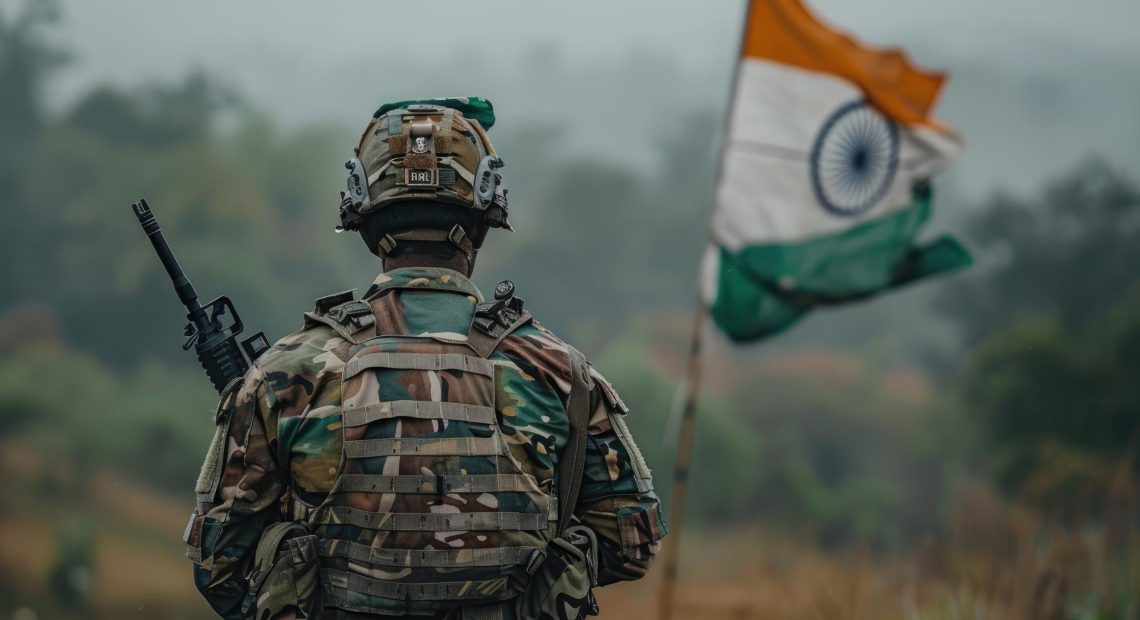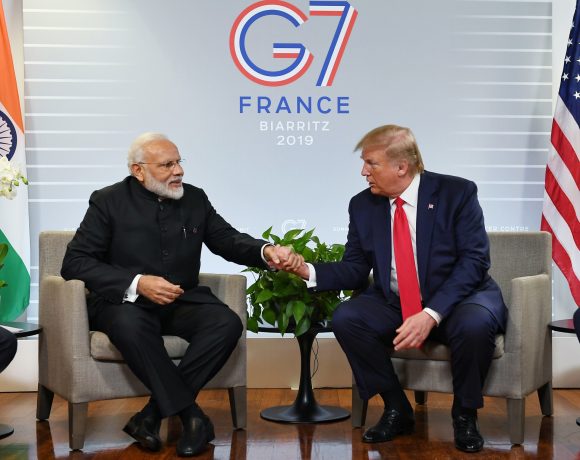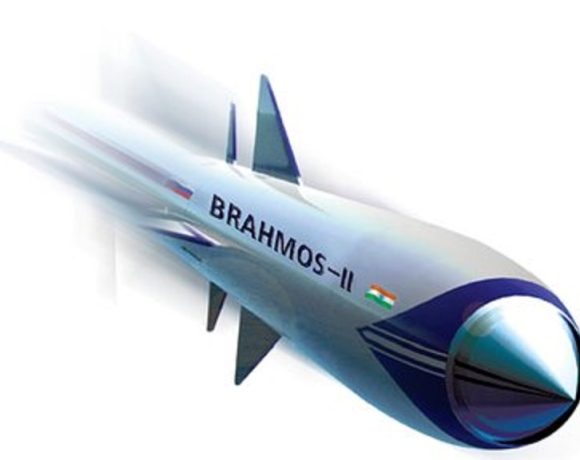
Defence Ministry Clears ₹2,000 Cr for Counter-Terror Readiness
In a decisive move to strengthen the Army’s frontline capabilities against emerging terror threats, the Ministry of Defence has approved nearly ₹1,982 crore worth of contracts under the emergency procurement framework. The contracts were cleared under the leadership of Defence Minister Rajnath Singh, focused specifically on equipping units with faster-response tools and advanced surveillance assets for anti-terror operations.
Tactical Equipment for Immediate Deployment
Among the approved procurements are high-priority assets such as drone detection and interdiction systems, low-level lightweight radars (LLLR), very short-range air defence systems (VSHORADS), and loitering munitions. These systems are designed to give troops enhanced situational awareness and rapid engagement capability in high-risk zones.
Also included in the acquisition package are:
- Remotely piloted aerial vehicles (RPAVs)
- Quick Reaction Fighting Vehicles (QRFVs), both heavy and medium variants
- Night vision sights, ballistic helmets, and upgraded bulletproof jackets
These procurements are being conducted through Indian vendors, aligning with the government’s ‘Atmanirbhar Bharat’ initiative to reduce import dependence and promote indigenous defence manufacturing.
Speed Over Bureaucracy
The emergency procurement route allows for faster approvals and bypasses traditional lengthy acquisition procedures. It ensures that once a requirement is identified and cleared, the delivery timelines are compressed, enabling swift field deployment. The current phase of approvals leaves less than ₹20 crore in the sanctioned ₹2,000 crore cap, indicating the urgency and thorough planning involved.
This rapid procurement is part of a broader defence preparedness initiative following India’s evolving security dynamics and is believed to be aligned with operational requirements stemming from increased militant activity in sensitive regions.
Strategic Significance
The advanced systems being inducted will enhance India’s operational readiness in counter-terror environments. Drones and radar systems will help detect infiltrators and unmanned aerial threats, while mobile combat vehicles and VSHORADS platforms are tailored for fast, precise response even in remote terrains.
The defence establishment is expected to begin training and field integration immediately, ensuring these capabilities are not only available but effectively utilized where needed most.


















